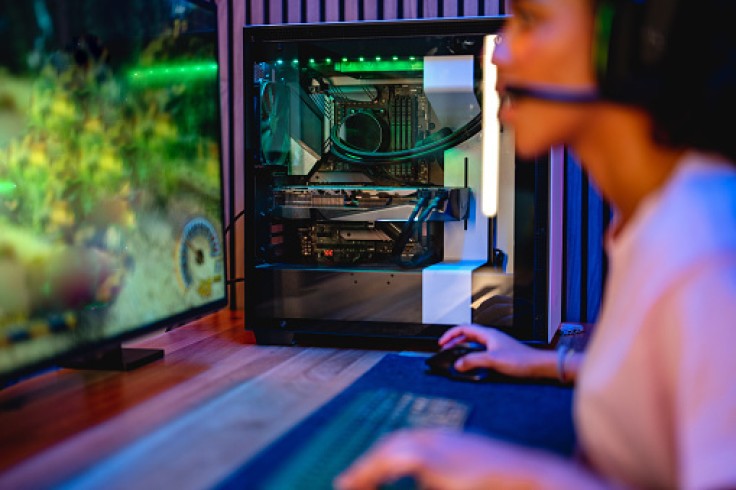Building your own PC can be stressful if you don't know what you want or what you're looking for. You can be meticulous as much as you want with the components, but you might fail to put it together if you buy the wrong PC case. Here are the important factors you should consider.

1. Component Visibility
All cases vary in design. Some have all sides covered while others have glass panels. If you want to show off your PC parts, especially the ones with RGB lighting, you should go for a case that has at least one side that's transparent.
While we're at the subject, you should also look into how that panel is opened. Since it's glass, you should be more careful when removing it, so you might want to opt for magnetic attachments. If you want it as secure as it can be, perhaps thumb screws are the better choice.
2. Ventilation
There are certain cases that are specifically made for better ventilation. They tend to be more open compared to cases that are either entirely closed or only have screens so hot air can escape. As you look into this factor, you should also check how many fans the case can hold.
PC fans are important in both cooling the components as well as pushing the hot air out of the case. Some towers can hold up to 18 fans while others can only hold less than six. You'll need more if you plan to use your PC for heavy tasks like gaming.
3. GPU Size
This factor is not as talked about as the others, but it's just as important. You really should compare the dimensions of your graphics card and your PC case before you purchase either one. Both are expensive and it would be a shame if they were not compatible. The Gigabyte Aorus RTX 4090 Master, for instance, is a little over 14 inches in length.
4. Cable Management
If you're opting for a case that can show off your components, you should make sure that it has good cable management features, meaning that it will be easier to conceal all those pesky cords. Some cases will have sections specifically for hiding wires.
You'll also be thankful for this once you start upgrading your setup since you won't have to go through a jungle of wires just to remove one part. Plus, it will help with ventilation. The more spacious and open your case is, the better the airflow.
5. PSU Enclosure
If you think the cables from your GPU and PC fans are hard to manage, then you'll be surprised how many cables come out of your PSU. Since it's basically the power supply of the entire PC, it comes with a lot of wires that connect to your components.
A PSU enclosure or shroud helps you hide the wires you don't need. This can be especially helpful if you have a modular PSU, meaning that you can't just yank out the cords you don't need. It will give your PC a neat look ready to be shown off.
6. Ports
PC towers come with their own ports, which you will then connect to the motherboard. Depending on the number of PC accessories you plan to use, you should look into the kind and how many ports the case has. Some, for instance, have more than two USB Type-A ports along with a headphone and microphone port.
Related : Proper Way to Deep Clean Your PC Tower









